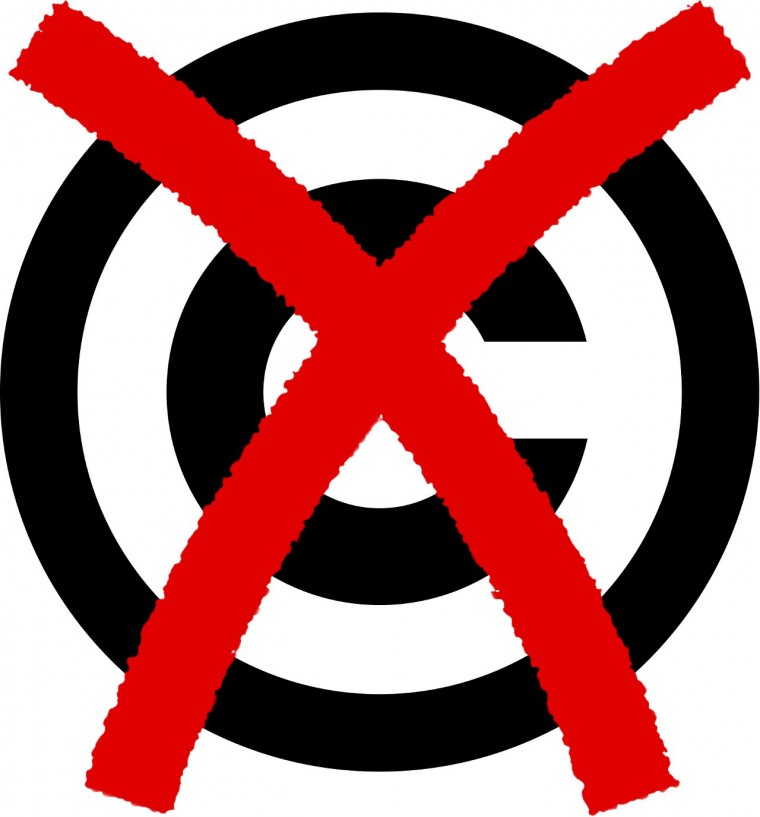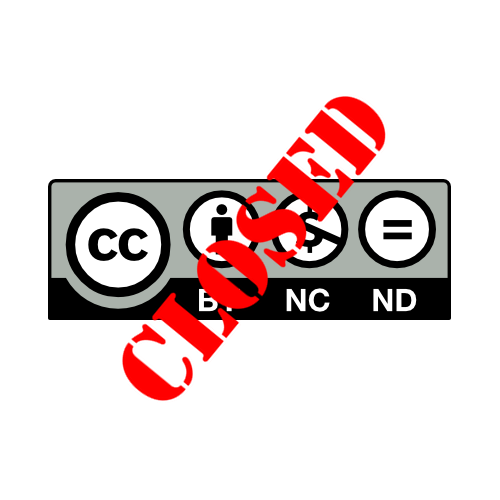Elkin-Koren (2006) believes that its diversity of licensing options and lack of standardisation may impede works accessibility by increasing uncertainty among end users. Moreover, ‘the multiplicity of licenses may increase the cost of avoiding copyright infringement’ (Elkin-Koren, 2006) or lead to the situation when creators will not be able to use each other’s content.
The works released by authors for promoting the commons may be commoditised illegally by third parties (Elkin-Koren, 2006) that is difficult to track and prove. Moreover, according to Olwan (2013) it is not suitable for the artists intending to financially support themselves through distributing their works.
Copyright protagonists consider that the ‘Creative Commons Licenses in general undermine copyright laws showing utter disrespect for the media industry at large’. They have also criticized the movement saying that instead of simplifying license proliferation, they have worsened it by providing that are incompatible with most forms of media (P2P Lab, 2012).
According to Pollock (2011), Creative Commons licenses do not ‘produce a commons’ as they are not mutually compatible, ‘for example, material with a CC Attribution-Sharealike (by-sa) license cannot be intermixed with material licensed with any of the CC NonCommercial licenses’.

